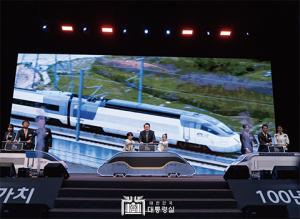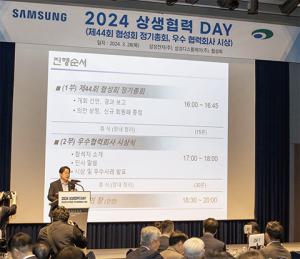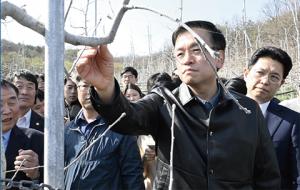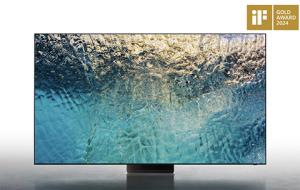 |
||
| ▲ Music Medical Care / Director Heeduk Shin | ||
How many of us live a life without a stress? Almost none probably. If not today, it will come tomorrow for sure. We experience stress in work, at home, in gathering, in traveling, in many ways and situations. Chronic stress, experts say, can develop negative physical and mental symptoms and we should find a way to ease it down or preferably to prevent it at first hand. There are many ways we can release stress or prevent but it is important to take more professional measures if you are suffering from chronic stress. PowerKorea sat down with Heeduk Shin, Director of Music Medical Care, and learned how music can work as a therapy.
Q. What does Music Medical Care (MMC) do?
A. MMC runs music therapy programs that focus on autonomic nerve, the part which is closely related to psychological stability and mental health. I built the programs based on advanced music therapy methods in Germany where I obtained both master’s and doctor’s degrees in music therapy. Autonomic imbalance and improvement of cerebral function are the two core parts of the programs. Our brains cognize periodic wave acoustic stimulation as a signal of stability and the level by level expose can help self-recover of autonomic nerve.
Q. What motivated you to open MMC?
A. I actually thought of training young students at first but meeting with patients was an interesting experience as they showed improvement of symptoms gradually. So I wanted to rather use my knowledge and experience in the field than confining myself to teaching students. We all know that many people suffer from stress, depression, anxiety, tiredness, insomnia and burnout every day. These symptoms can develop into weakening of nerves, and music therapy can help prevent or improve.
Q. You are in a process of developing music therapy that recovers incontinence of autonomic nervous system?
A. Autonomic nervous system is a system that controls almost all organs in our body to keep homeostasis. Excessive stress breaks balance of the system and it leads to break down of physical and mental immunity system and you can be enclosed in that vicious circle if measures are not taken. This is the reason that my programs focus on recovering incontinence of autonomic nervous system. At this point, music therapy comes into an area of medicine over acoustic area. The therapy includes periodic wave modulation introduced by joint technology development of German AVWF. Many researches on music medicine in relation with autonomic nervous system have been carried on for many years and the results are being used in a form of the medical assistance therapy in Europe.
Q. How is the therapy processed?
A. Firstly, I use a device that analyzes and shows patient’s psychological status in real time. Secondly, I apply HRV autonomic nervous system examination that gives neurobiological analysis with which I can see how the body reacts to stress. Lastly, the therapy is carried on in the therapy room where the brain cognizes the atmosphere of stability. The recovery of the autonomic nervous system is rather simple: we expose our brain in a stable environment continuously. A therapy session in this stable therapy room lasts 45 minutes during which the patient is exposed to periodic wave modulation therapeutic music while the brain is cognizing it as a signal of stability in a continuous phase to ease down the stress.
Q. How effective is the therapy?
A. First of all, you can experience improvement in symptoms of headache, insomnia, chronic fatigue, hyperventilation, chest pain, irritable bowel syndrome, depression, panic disorder and burnout depending on patient to patient. Secondly, you can experience improved cerebral function which means better logical thinking, decision making, concentration and attention. Thirdly, you can experience improved delivery of your emotional state. It is noteworthy that the voluntary muscle in our face affects our expressions and the muscle is under control of cranial nerves. Music therapy helps you improve on this and you can be able to make more facial expressions.
[Heeduk Shin]
HfMT University of Music and Theatre, Music Therapy Ph.D
WWU university of Münster, Master of Music Therapy
Sportklinik Hellersen, Multimodal Pain Therapy
Jesephs Hospital Warendorf, Multimodal Pain Therapy
UKM Universitz Hospital Münster, Clinical Music Therapist
DMtG
AVWF-Neuro Coaching, Music Therapist (PowerKorea)
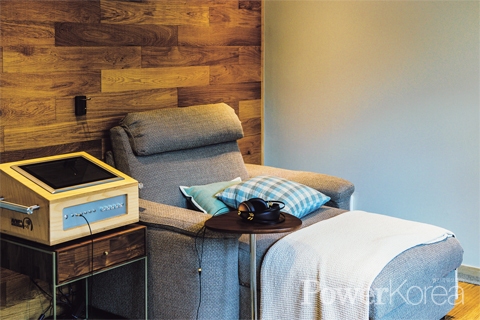 |
PowerKorea is an official partner of Herald Corporation. The magazine is distributed to the KOTRA business centers in the world. PowerKorea publishes latest news of government, Samsung, Hyundai and LG and endeavors to serve a platform to engage with people around the world.
원헤레나 기자 hywon65@gmail.com

